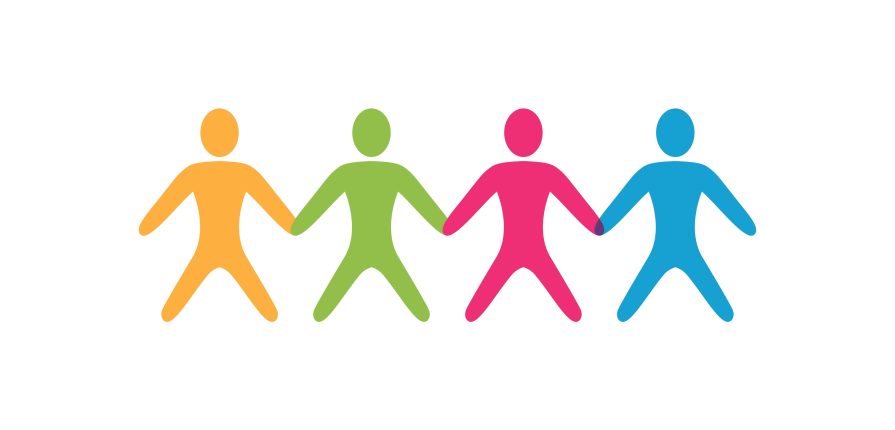NEW ARTICLE: Do people’s core values explain their views on child protection position interventions? This is studied in the recent article published in Children and Youth Services Review, by Professor Berrick, Professor Skivenes and Doctor Roscoe. Findings suggest that core values for human values do not explain the differences in countries’ attitudes toward constrained parenting or towards children’s rights.
Child protection is at the center of competing values about state obligations to allow unburdened parental freedom or to permit restrictions on some parental behaviors. There is also the notion of balancing the individual rights of the individuals involved, namely, the parents and the children. In line with the larger welfare state literature, this study investigates whether public attitudes about child protection may be shaped by core human values. The study is based on data from Norway and California (USA), two nations that differ particularly in the characteristics of their welfare state and child protection systems.
The article examines five basic values, including security, self-direction, benevolence, universalism and right position. Findings indicate that Norway were more likely to favor the values of security and equal rights, and Californians more likely to favor the value of self-direction. Contrary to the larger body of literature on the welfare state which suggests that human values help explain public attitudes about welfare provisions, in general, this study did not find that human values generally explained the differences in country attitudes toward constrained parenting or toward children’s rights. However, the study did find some differences by country in public attitudes regarding the values of universalism and equal rights and views about children’s rights.
The article is open access and can be found here.


